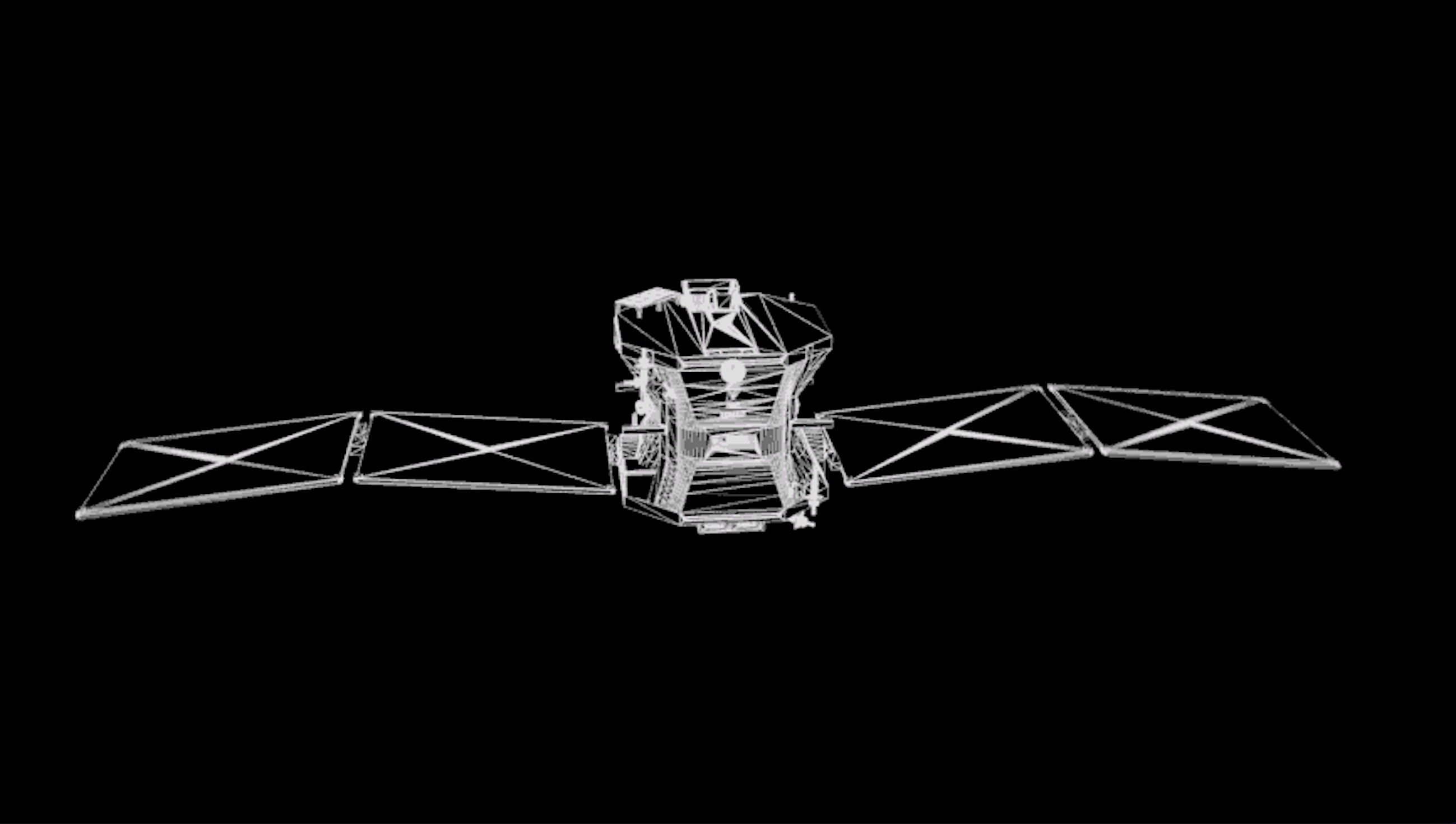Private 'Jackal' inspector satellites to get 1st in-space test this year

True Anomaly may be young, but it's ambitious and moving fast.
The Colorado-based startup, which was founded in 2022, emerged from stealth mode today (April 6) to announce that it has raised $30 million to date, including $17 million in a recent "Series A" round led by the venture capitalist firm Eclipse. (Series A is the financing round following the initial "seed capital.")
True Anomaly has already hired 57 employees, opened a 35,000-square-foot (3,250 square meters) factory in Denver and designed a spacecraft called the Jackal Autonomous Orbital Vehicle, company representatives said. And it plans to fly its first two Jackals to Earth orbit this October, atop a SpaceX rocket.
Related: 8 ways that SpaceX has transformed spaceflight
All of this work is geared toward helping the U.S. remain the world's preeminent space power in the face of increased competition from nations such as Russia and China.
"The U.S. terrestrial military advantage has been enabled by superior capabilities in the space domain," Seth Winterroth, a partner at Eclipse, said in an emailed statement.
"This advantage is quickly waning and, as a result, the U.S. and our allies face risks and challenges," Winterroth said. "True Anomaly is the purpose-built team with the tactical, technological and defense procurement expertise to develop the necessary capabilities to regain our military advantages in space and, ultimately, bolster national security."
Breaking space news, the latest updates on rocket launches, skywatching events and more!
True Anomaly plans to do this by, among other tasks, helping the nation deploy more resilient space systems and better understand the burgeoning activity in Earth orbit. The Jackal Autonomous Orbital Vehicle will work toward that latter goal.
The Jackal "is designed for the most challenging space domain awareness missions in LEO, GEO and other orbits," True Anomaly's website states. (LEO is short for low Earth orbit, and GEO refers to geostationary orbit.)
"Jackal operates safely at close ranges to collect multi-spectral imagery, full-motion video and metric observation data of any resident space object in any orbit," the website adds. "Processing can be done at the edge, transport layer or cloud using our next-generation Mission Control System."
The two Jackals won't inspect any space junk or potential adversary spacecraft after they launch to LEO this October, according to Wired magazine; rather, they will track, rendezvous with and observe each other, as a way to test their various systems.
If that trial mission goes well, True Anomaly could end up deploying thousands of such satellites in orbit to boost the U.S. military's space situational awareness capabilities, Wired wrote in February.
And it may not be long before those big fleets start going up; True Anomaly has wasted little time in getting up to speed, after all, and the company sees a pressing need for the services it intends to offer.
"We need to address the capability asymmetry that has emerged in the space domain in the last two decades as the U.S. and its allies have focused military efforts primarily on counterinsurgency operations," True Anomaly co-founder and CEO Even Rogers said in the same emailed statement.
"If we don’t act quickly and with a sense of urgency, our nation and its allies will be at an increased risk of geopolitical conflict and escalation of conflict that extends into space, which could lead to potentially catastrophic debris-generating outcomes as a result of attacks on our spacecraft," he added.
Mike Wall is the author of "Out There" (Grand Central Publishing, 2018; illustrated by Karl Tate), a book about the search for alien life. Follow him on Twitter @michaeldwall. Follow us on Twitter @Spacedotcom or Facebook.

Michael Wall is a Senior Space Writer with Space.com and joined the team in 2010. He primarily covers exoplanets, spaceflight and military space, but has been known to dabble in the space art beat. His book about the search for alien life, "Out There," was published on Nov. 13, 2018. Before becoming a science writer, Michael worked as a herpetologist and wildlife biologist. He has a Ph.D. in evolutionary biology from the University of Sydney, Australia, a bachelor's degree from the University of Arizona, and a graduate certificate in science writing from the University of California, Santa Cruz. To find out what his latest project is, you can follow Michael on Twitter.
